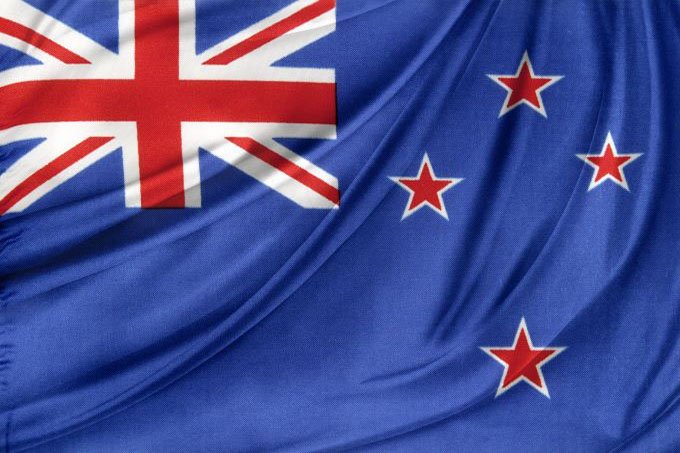 So far this week, the New Zealand dollar dropped 2.41 percent against the US dollar, giving up last week's gains.
So far this week, the New Zealand dollar dropped 2.41 percent against the US dollar, giving up last week's gains.
The US dollar has recovered, mainly supported by positive U.S. economic data and the advance of the coronavirus outbreak in Europe. This week the greenback has gained 1.25 percent against a bundle of its main competitors, recovering from a 0.44 percent loss that broke a two-week gaining streak. This in turn has undermined the performance of both the Kiwi and the Aussie.
This week the markets have received important relevant information about New Zealand's economy, which is currently amid the worst economic recession ever recorded. On Monday, the Reserve Bank of New Zealand reported that credit card spending dropped by 11.9 percent in August (year-to-year), after dropping by 5 percent in the previous month and way below the analysts' expectations, who foresaw it to drop by 20.4 percent.
The Covid-19 sanitary crisis seems under control outside Auckland. The government recently decided to lower the alert level to 1 outside the Capital, leaving the level at 2 in Auckland. This alert level, which imposes a gathering limit of 100 in the city, would remain in place for at least a couple of weeks. Regarding the situation in the border, the government commented that a return to normal would imply the release of an effective Covid-19 vaccine.
At the moment, there are 1,824 total cases in New Zealand as well as a death toll of 25, making the country one of the least affected of the world. In order to contain the advance of the virus, the government decided to impose a lockdown early, which has heavily affected the performance of the economy. In the second quarter, the Gross Domestic Product dropped by 12.4 percent in yearly terms after falling by 0.1 percent in the previous quarter and better than the analysts' expectations, who foresaw it to go down by 13.3 percent. In monthly terms, the GDP fell by 12.2 percent after falling by 1.4 percent in the previous quarter, lesser than expected as the analysts foresaw it to drop by 12.8 percent.
"This will see our full-year 2020 GDP contraction less severe at -5.0%, compared to our previous forecast of -6.6%,” commented an analyst at the UOB Group.
Regarding this data, the government said that the early governmental response to the coronavirus may result in better economic recovery prospects. The Prime Minister, Jacinda Ardern commented that she expects the economy to rebound, highlighting that the GDP drop was lower than expected. The Finance Minister Grant Robertson backed this forecast, adding that the economy will rebound "faster and quicker" than Australia's.
The Reserve Bank of New Zealand decided to leave the cash rates unchanged at 0.25 percent and pledged to continue with its bond purchasing program, which currently has a limit of 100 billion. The bank's Large Asset Purchase Program is expected to eventually reach out to its limit, which would leave the bank without conventional monetary policy alternatives.
Regarding this issue, the Monetary Policy Committee decided to leave the doors open to the use of non-conventional monetary policy tools, such as negative cash rates, foreign bonds buying, and the establishment of a cheap lending scheme for private banks. About the later, the bank announced that the scheme could be ready before the end of the calendar year.
